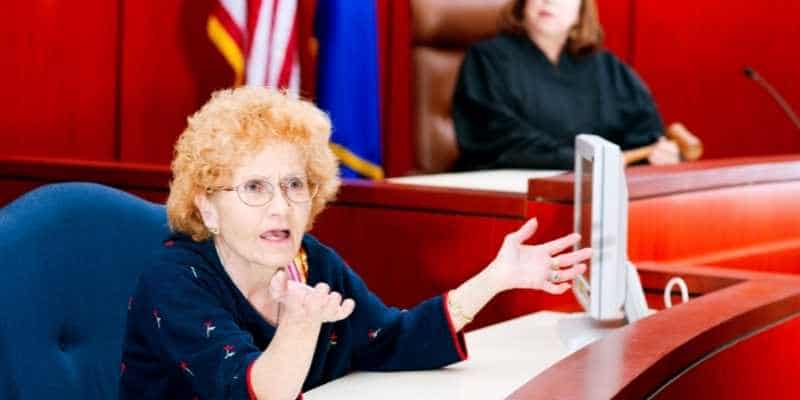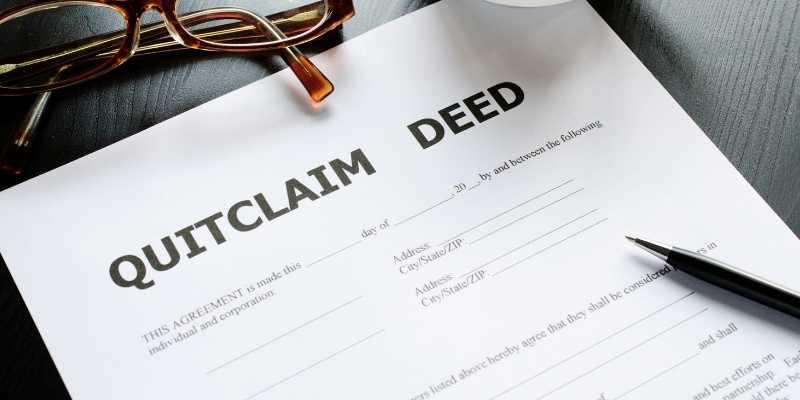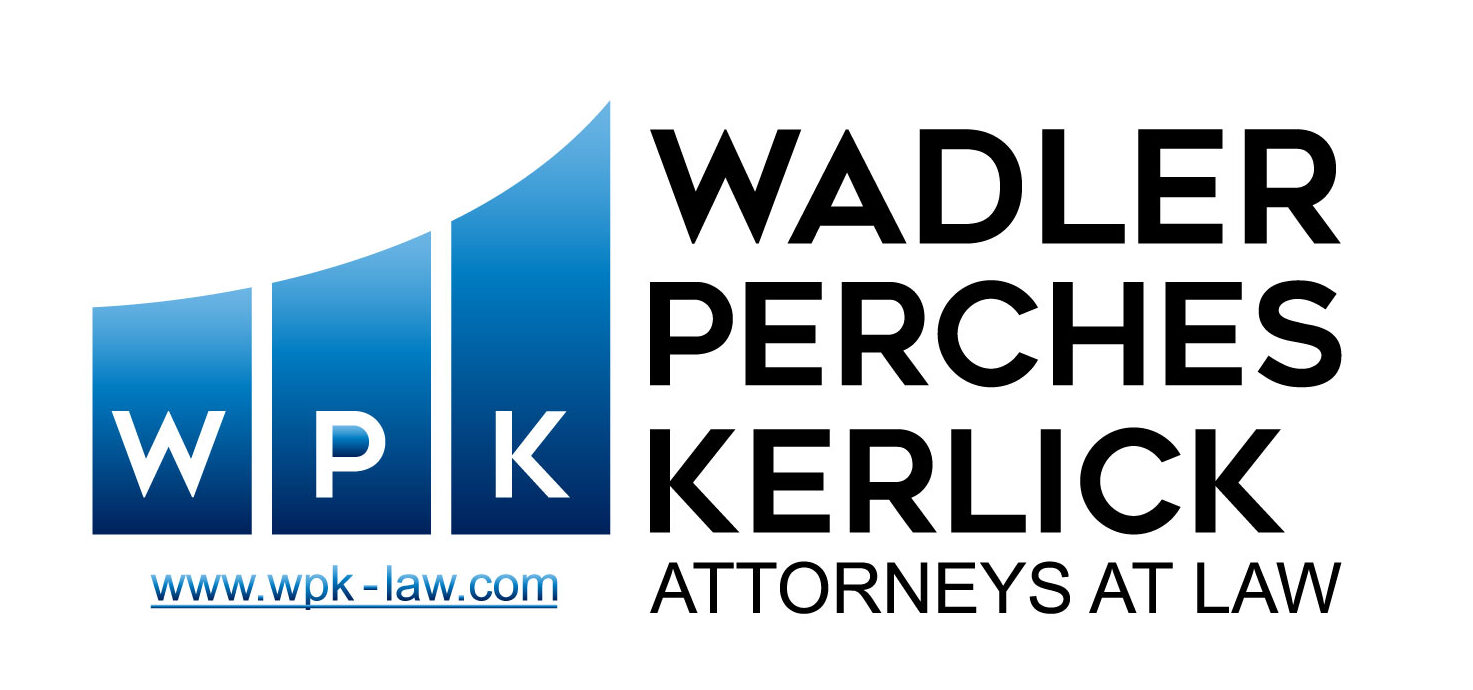What are the steps in selling property in Texas? Attorney Ray Kerlick reviews the process in this video. Call or text 800-929-1725 for an appointment.
Summary of the Steps in Selling Property that You Own
Hi, this is Ray Kerlick from the Law Firm of Wadler, Perches, Hundl and Kerlick, and today I’m talking about the process of selling property that you own. It’s a complicated process, and we certainly would always recommend involving an attorney in that process because as you’ll see, it’s a little harder than simply making an agreement with someone to sell the property.
Selling property is an issue that we deal with all the time. The technical instrument that actually results in the transfer of property from one person to the other is called a deed. A lot of us are familiar with that concept. A deed requires something in writing, signed by all of the owners.
Chain of Title in Selling Property
When I say all of the owners, that typically that means figuring out who are all of the owners of a property. In other words you need to identify all of the people who have title to all of the assets in the property.
That deed has to be recorded at the courthouse, not necessarily for the purposes of being effective, but certainly for the purposes of creating a chain of title. The best way to think about a chain of title is to think about what we sometimes hear on TV shows when they talk about a chain of evidence.
A chain of evidence records that this piece of evidence went from one person to the next person, to the next person, and that it was documented every step of the way. That’s absolutely the same way that the chain of title to real property works.
Mr Kerlick was excellent. Very patient, took time to explain/translate legal terms and concepts so that we could understand and make informed decisions. Thank you.

CHRISTOPHER WRIGHT
Google ReviewWe need to make sure that everyone has agreed to the sale. That includes all siblings, all heirs, and all other people who may have an ownership interest. It also includes people with mineral interests and related interests. Everyone with these interests in the property must agree and must actually sign the deed in order for it to be effective.
Now, are there such things as partial transfers? Absolutely. Most of the time they’re unintentional, but that means the buyer has reached an agreement with someone to purchase real estate, not realizing that they only own a fractional interest in that property. If you’re the buyer, you would pay the seller for the entire value of the property when you’re only getting a portion of it.
Any property owners who don’t participate in the sale potentially have the ability to join the buyer in possession of that property, and to potentially partition the buyer’s interest from his or her interest, thereby leaving the buyer with less than what the buyer bargained for.
What Is an Earnest Money Contract?
What is traditional way to do that? Well, we typically do that by way of what’s called an earnest money contract. Earnest money in that situation is a strange term. The term means that I am providing money to someone to show that I am in earnest about purchasing their property. Lawyers often call this an agreement to agree.
What Happens at Closing?
The earnest money contract is an agreement to sell property at a point in the future. But what do we call that point in the future? We call it the closing date. On the closing date the deed and other related documents get signed.
In addition, there’s the transfer of the funds that actually takes place on the closing date. And to the extent that there is lending or financing involved, those finance documents also get signed on that same date, before the money is transferred from the bank to the seller.
What Is Title Insurance?
We get a lot of questions about title insurance in connection with selling property. Title insurance isn’t required by the law, but it is typically required by lenders. For a lender, they want to make sure that if you don’t pay, they can foreclose and get the property back.
The title insurance company prepares a title commitment, which basically shows any issues that may arise in the course of their looking at the chain of title. So they’re going to search the courthouse records and make sure that there isn’t a gap or a missing fork in the chain of title.
That earnest money contract will name the title insurance company, state the closing date, and will typically provide for who pays various costs for things like a survey of the land.
The survey of the land involves having a professional come out and stake the the actual boundaries of the property. There are also things like escrow fees, the title insurance fees, attorney’s fees related to the preparation of the deed that we talked about and other documents that are associated with that.
All of those things get divvied up in the course of signing earnest money contract, so that when we go to the closing, the closer or the person at the title insurance company doing the closing knows exactly who pays what charges.
The people doing the closing typically prepare what’s called a closing statement, what used to be called HUD-1, and that will show exactly who is paying what and to whom it’s being paid. Typically at the end, there’ll be an amount that’s owed by the purchaser, and an amount that’s being received by the seller. So the closing statement typically includes several hundred lines.
Let Us Help You Sell Your Property
Your attorney can help you through every aspect of selling property. It helps to have someone you trust to advise you as you go through the process. If you have questions, please call or text 800-929-1725 for an appointment. You can also click the button for an appointment.






